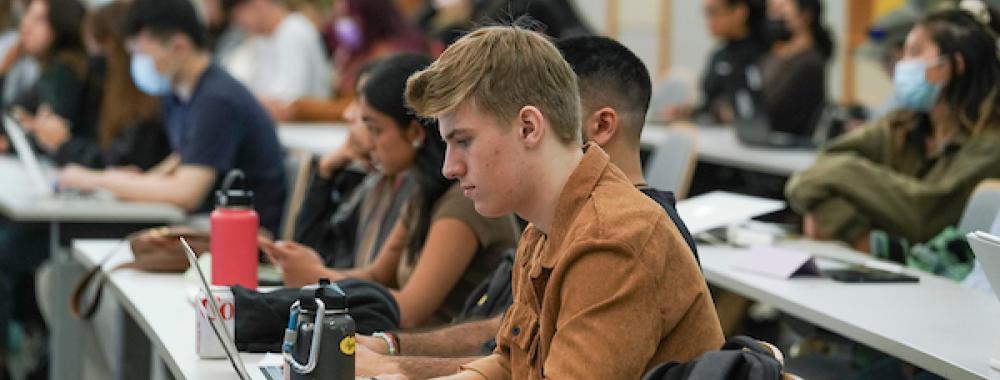
Research Areas
The UC Davis Department of Psychology contains five major "areas": Biological Psychology, Developmental, Perception-Cognition, Quantitative and Social-Personality. Boundaries between the areas are fluid, and students are encouraged to take seminars in all five.
Biological Psychology
Developmental Psychology
Perception, Cognition and Cognitive Neurscience
Quantitative Psychology
Social and Personality Psychology









